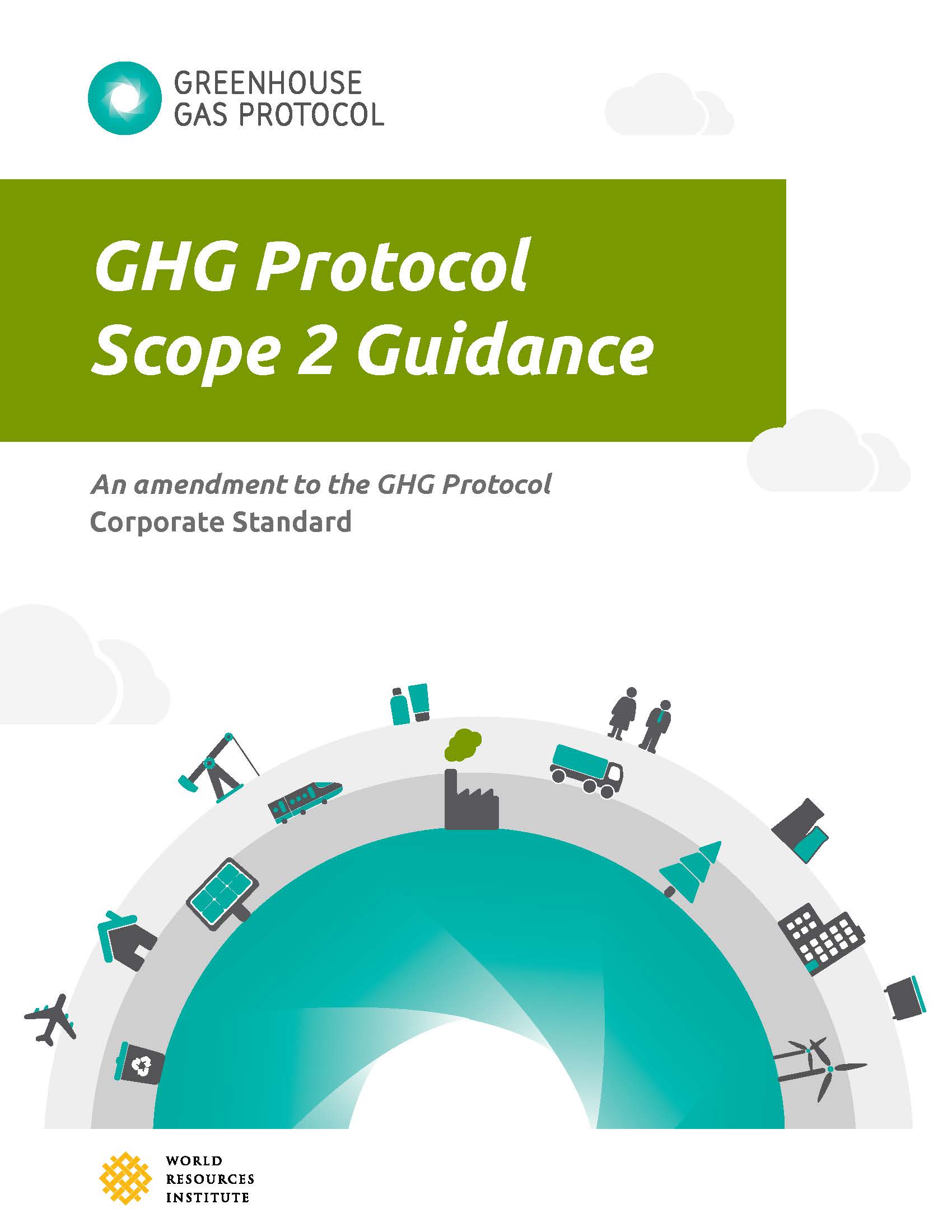The Growing Business Case for Energy Productivity
The business case for energy productivity improvements as a driver of demand-side energy transition is increasingly becoming more apparen
Public Consultations Extended Until Jan 31, 2026: Scope 2 and Electricity Sector Consequential Accounting LEARN MORE
The business case for energy productivity improvements as a driver of demand-side energy transition is increasingly becoming more apparen

The guidance includes:
GHG Protocol is currently holding a public consultation on the Scope 2 Guidance (2015). The 60-day public consultation period began on October 20, 2025 and ends on December 19, 2025. To learn more about the process, please refer to this page.
The standard covers the accounting and reporting of seven greenhouse gases covered by the Kyoto Protocol – carbon dioxide (CO2), methane (CH4), nitrous oxide (N2O), hydrofluorocarbons (HFCs), perfluorocarbons (PFCs), sulphur hexafluoride (SF6) and nitrogen trifluoride (NF3). It was updated in 2015 with the Scope 2 Guidance, which allows companies to credibly measure and report emissions from purchased or acquired electricity, steam, heat, and cooling.
Today the World Resources Institute unveiled new guidance for companies to measure greenhouse gas emissions from purchased electricity. The first major update to the GHG Protocol Corporate Accounting and Reporting Standard responds to the rapid growth of renewable energy and other major shifts in the electricity market.
The GHG Protocol has for three years led international consultations on how companies should calculate emissions from purchased and consumed electricity, heat, steam and cooling (scope 2).
I recently presented at the 7th Product Carbon Footprint (PCF) World Forum Summit, a gathering of experts brought together by Berlin-based think tank Thema1 “to foster and facilitate international discussion on how to assess, reduce, and communicate the impact of goods and services on the climate.”
What do Apple, HP and Dell have in common – apart from making computers? They all source electronics from Foxconn, the beleaguered Chinese company under fire for working conditions at its factories. There is a clear lesson to be drawn from the ongoing Foxconn furor.
To garner feedback on the issues and options related to green power accounting, the GHG Protocol team held discussion-based workshops over the past few months tailored to US and European audiences specifically. The DC workshop on December 13th, 2010 centered around accounting practices relating to renewable energy credits (RECs), best practices for assuring clear emission attribute ownership, and how an emissions cap on the power sector impacts voluntary green power purchases.